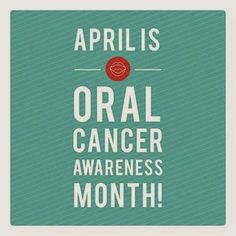Limit fruit juice for all children
September 18th, 2017
This year, the American Academy of Pediatrics released new recommendations advising parents to limit fruit juice consumption for children of all ages. The recommendations advise that:
- Infants should not drink juice AT ALL before the age of one year old, unless it is clinically indicated by a doctor.
- Toddlers ages 1-3 should be restricted to no more than 4 ounces of juice daily.
- Children ages 4-6 should be limited to 4-6 ounces of juice daily.
- Children ages 7 and older should have no more than 8 ounces of juice each day.
Juice should be seen as a "treat" or extra. The high sugar content (whether it be natural, organic, or artificially flavored) and acidity greatly outweigh the minimal nutritional value.
It is crucial that toddlers not be given easy access to juice through the use of bottles or sippy cups; these types of containers allow them the convenience of consuming juice throughout the day. Repeated exposure to carbohydrates (sugars) can lead to tooth decay. Toddlers should not be given juice at bedtime and all children should brush their teeth before going to bed each night. Children should not have anything to eat or drink between brushing their teeth and going to bed besides water.
For parents who want their children to enjoy the taste the fruit and benefit from the nutrients that fruit provides, the best option is to consume actual whole (or mashed/blended) fresh fruit.







